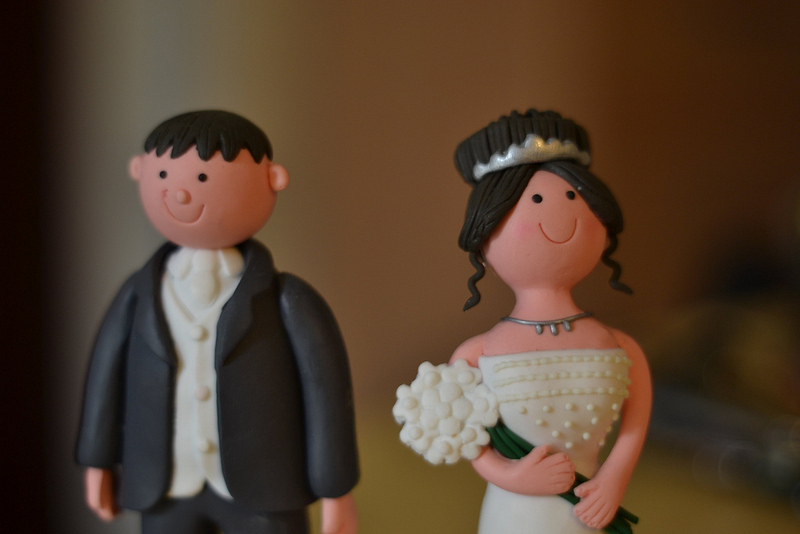
If you’re a single young woman, there’s one question that you’ve come to dread. It comes up at family functions, social events and random interactions, over and over again.
“When are you getting married?”
In the Somali community, this question creeps up on you as soon as you’ve turned the ‘appropriate’ age of 19. My dad regularly reminds me that people will have certain expectations of me once I begin to enter my mid-20s. One of them happens to be marriage. And, at 23, my stock is apparently plummeting by the moment. My mother was younger than me when she married, and was my age when she had me. I am clearly out of sync when it comes to the process of matrimony. What started out as “We won’t put any pressure on you about this” quickly turned into casual jokes about when my mom or younger sister are going to take out their nicest dirac (traditional Somali dress) for my wedding.
Here in Canada, after you graduate, you are expected to begin to worry about savings, retirement, and health insurance – not marriage. You start spending your money on plates, pillows and new tyres as part of your new independent lifestyle. It’s interesting to see how western culture dictates that there is no particular right age or time to get married – it happens when you are fully ready. There is no concern with getting a spouse by a certain age. Yet, being raised in an African household, our traditions tell us something else. Personally, being wedged between two very different cultures has left me feeling really confused.
The reality is that my generation seems to be marrying, buying houses and having kids later than the previous generation; in clear contradiction to the ‘traditional’ African experience. Yet here I am, like many other diaspora Africans, fearing the expectations that come with being older.
I continuously ask myself “Where is my career going?” rather than “Whom will I end up with?” The world I live is extremely different from the one my parents were raised in. The reality is that we cannot be expected to fit old-fashioned moulds of what we should have achieved or who we should be with or how many kids we should have by the time we are 23/27/30/40 years old.
It seems like the expiration date on marriage is non-existent for African males living in the west. They are expected to become financially stable before the topic of marriage is even broached. They can get married whenever they feel comfortable and ready and yet the emphasis is placed on the female to be married before it’s ‘too late’.
Personally, I can’t help but remember why my parents migrated to the west. They wanted us to enjoy the comfort of better education, opportunities and standard of living. Now, to be able to truly obtain their goals, I feel that I must follow their guidelines and succeed rather than feeling guilty about being too old to ever get married.
When we hear our relatives, family friends or even parents tell us that we must get married young ‘because we are Africans’, we must remind them that culture of marriage is only as good as its purpose to people. And, that if we continue to look at marriage from a linear perspective without allowing it to evolve, it will simply become another worthless detail about our civilisation in history books.
Many African women seem to have romanticised the ideology attached to marriage rather than marriage itself. And that, to me, is problematic. How can we uphold the dynamics of family within an African context if we romanticise the ideology rather than truly grasping the responsibilities and expectations that come with it? Marriage involves sacrifice, compromise and all those nice-sounding words that are difficult in practice – it’s not a decision one should make based on a romcom or a persistent parent.
I believe that ever-changing views on marriage have always been a matter of generational differences that affect women regardless of their racial or ethnic background. In fact, one could even say that this is a global phenomenon that isn’t explicitly tied to African women. Here in the west, marriage is not a must-do, it’s a matter of personal choice. As it should be, for women across the world.
Iman Hassan is a specialised political science student at York University in Toronto, Ontario.

Comments are closed.